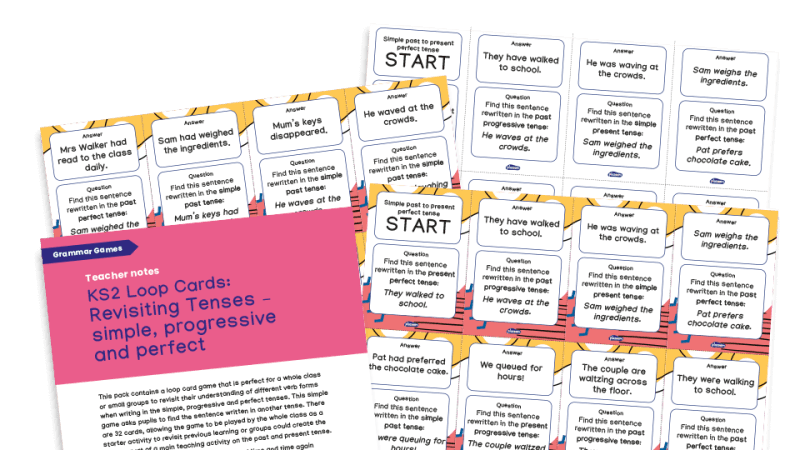Teacher recruitment – how to choose the right school for you

Job hunting is an undertaking for any teacher, so what are the most important considerations?

- by Sue Cowley
- Author of more than 30 books for educators Visit website

Whether you are looking for your first teaching post, or thinking of moving on from your current role, job hunting is always an exciting and nervous time.
Because of the nature of teaching, and the likelihood that you will stay in a school for at least a few years, you will want to find exactly the right role for you.
Children benefit from continuity, too, and it is therefore preferable for teachers not to move schools too frequently.
Personality match
Key to a good choice is to pick a school that aligns with your values. Research consistently demonstrates the importance of a ‘person-organisation fit’ for retention, i.e. a match between your values and those of your place of work.
For instance, it would be difficult to teach in a school where you have to use scripted lessons, prewritten plans and ready-made schemes, if a desire to be creative is important for you.
Centralised approaches are often linked to workload reduction, so you may need to decide whether agency takes priority over workload.
Take your time
The question of what school(s) to choose is particularly tricky for new teachers, because you have limited experience on which to base your decision. A combination of nerves around not wanting to be without a job in your first year, and feeling grateful to be offered a post, can lead new teachers to leap at the first opportunity offered. This can sometimes be a cause for regret after the event.
From September 2021, statutory induction changed for new teachers. Instead of one year as ‘newly qualified teachers’ (NQTs), teachers now have a funded entitlement to two years of professional development as ‘early career teachers’ (ECTs).
The induction period takes place over two years, with the ‘early career framework’ offering an outline of what will be learned.
This means that if you are looking for your first job, you need to be sure that the school is committed to supporting you. Ideally, you want to complete your induction within the one school, because you should build up an ongoing relationship with your mentor.
You could ask questions at interview about the support offered to new teachers and who your induction mentor and induction tutor will be.
Although it can seem early to think about career progression when you are a new teacher, good quality staff tend to be asked to ‘move up’ rapidly. Consider the kind of opportunities that might come your way within the school. Would a small or large school be better for the career path you envisage?
Keep it balanced
For some teachers, an offer of flexible working is key to choosing the right post. In the DfE’s Recruitment and Retention Strategy, published in 2019, flexible working was suggested as a key strategy for attracting the best range of candidates.
Even if the post is not advertised as being flexible or part time, there is no harm in asking if this matters to you.
Clearly you will read the school website, the policies, and the most recent Ofsted report, to get an overview of what the school is like. Headteachers always appreciate candidates who ask to visit ahead of interview, because it shows a keen interest in the setting.
However, when it comes to finding out about a school, there is nothing to beat local word of mouth. Keep your ear to the ground, and an eye on parent social media groups, to get a true sense of what your potential new employer is really like.
Sue Cowley is a teacher trainer, early years teacher and author of more than 30 books for teachers. She has helped to run her local early years setting for over a decade. To find out more visit suecowley.co.uk










